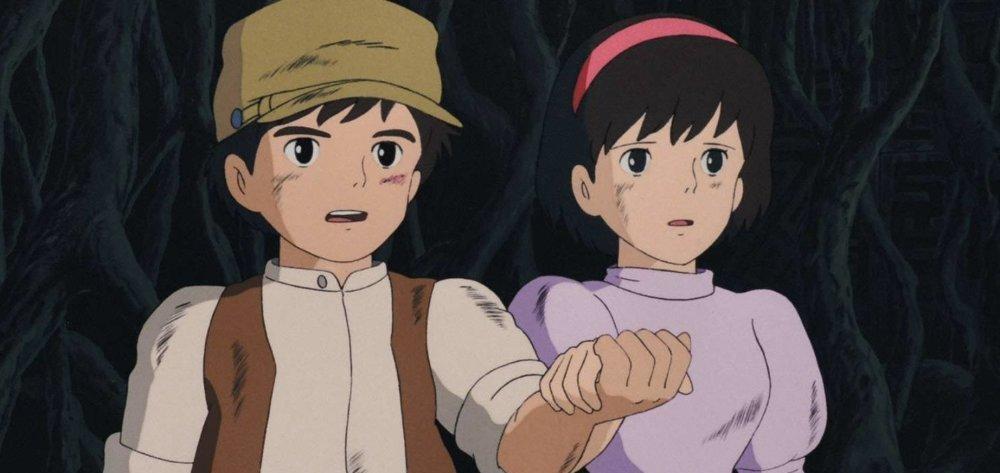Recently, the Japanese variety show "Ranks のできる相談所" announced a ranking result, named "Japanese Favorite 100 Movies", but this ranking list is not voted on, but based on four more famous film review websites as the basis for comprehensive statistics, that must be controversial, high score means that there are more people like? It seems that the correlation between the two is not particularly high, and niche movies can also get high ratings, but why they have not become popular is precisely because not many people like to watch it.

In Japan, anime movies or theatrical versions dominate the local film market box office and genre, live-action movies are not dominant, live-action movies are also produced by Hollywood in the United States, rather than Japanese movies, which shows that there are really many Japanese houses, and they also like anime. Therefore, everyone also naturally believes that more than half of the top ten in this ranking list must be anime movies, and the result is that Japanese netizens are shocked and very dissatisfied, not to mention whether the number of anime movies in the top ten can be more than half, only 13 of these 100 movies are Japanese anime movies, and the rest are European and American movies, which are naturally complained about by them.
Even these 13 Japanese anime, its ranking is also a bit strange, Miyazaki Hayao will not say more, he has five works to enter the list, the highest ranking is the 8th place "Castle in the Sky", as well as Hosoda Mori's "Girl Through Time" and "Summer Battle", Hideaki Anno's "Evangelion" New Theater Edition is also on the list, and Makoto Shinkai's "Weather Child" and "Your Name" are behind the 80th, but the former is actually ranked higher than the latter. This is obviously not a box office ranking, but a classic, and the other top five are "The Shawshank Redemption", "Back to the Future", "The Dark Knight", "This Killer Is Not Too Cold" and "Inception".
You can also understand where Japanese netizens think it is unreasonable, they will specifically mention why there is no "Devil's Blade" theatrical version, the top ten works are old movies, some young people said they have not seen it, and there is no recently released movie, which means that people are still stuck in the 90s? Is this ranking chosen by middle-aged people? It is actually said that the Japanese people like the movie, they feel represented, and so on.
In fact, the problem is that this variety show uses "100 favorite Japanese movies" as the ranking title, but the ranking results are obtained through the rating data of the rating website, rather than the number of moviegoers voting, the middle-aged and elderly will indeed feel quite nostalgic and satisfied, and the young people naturally express their inability to understand and be dissatisfied.